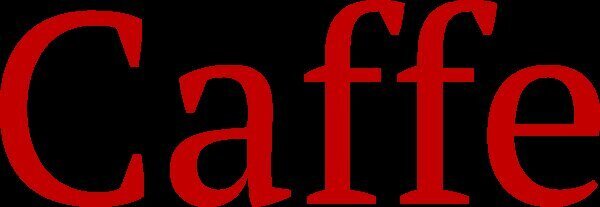Caffe is a powerful deep learning framework developed by the Berkeley Vision and Learning Center (BVLC). It is designed with a focus on speed, modularity, and ease of use, making it suitable for both research and production environments. Caffe is particularly effective for tasks involving convolutional neural networks (CNNs), which are widely used in image classification, object detection, and segmentation.
Key Features
-
Expressive Architecture: Caffe allows users to define models and optimizations through configuration files, enabling flexibility without the need for hard-coded solutions. This architecture encourages innovation and application development.
-
Speed: Caffe is optimized for performance, capable of processing over 60 million images per day on a single NVIDIA K40 GPU. This efficiency makes it a preferred choice for both academic research and industrial applications.
-
Modularity: The framework’s modular design supports easy integration of new layers and functionalities, facilitating rapid experimentation and development.
-
Cross-Platform Compatibility: Caffe is compatible with various operating systems, including Linux, macOS, and Windows, broadening its accessibility to developers.
Components
Caffe consists of several key components:
-
Layer-Wise Configuration: Users can specify network architectures in a declarative manner using
.prototxtfiles, which simplifies the design and modification of neural networks. -
Python and MATLAB Interfaces: Caffe provides bindings for Python and MATLAB, allowing for seamless integration with existing workflows and rapid prototyping.
-
Visualization Tools: The framework includes tools for visualizing network architectures and training progress, aiding in debugging and optimization.
Applications
Caffe has been successfully applied in various domains, particularly in computer vision. Some common applications include:
-
Image Classification: Caffe excels in classifying images into predefined categories.
-
Object Detection: The framework is capable of identifying and localizing objects within images.
-
Image Segmentation: Caffe can segment images into meaningful parts, which is crucial for understanding image content.
Community and Support
Caffe has a vibrant community of users and contributors, providing extensive documentation and resources for troubleshooting and optimization. The open-source nature of Caffe allows for continuous development and improvement, with many contributions coming from both academic and industrial sectors.
In conclusion, Caffe stands out as a robust deep learning framework that balances performance, ease of use, and flexibility, making it a valuable tool for researchers and developers in the field of deep learning[1][2][3][4].
Further Reading
1. Caffe | Caffe Tutorial
2. Caffe | Deep Learning Framework
3. Caffe : Deep Learning Framework – GeeksforGeeks
4. What Is Caffe? – GeeksforGeeks
5. A Practical Introduction to Deep Learning with Caffe and Python // Adil Moujahid // Bridging Tech and Art
Description:
An open-source deep learning framework optimized for speed and modularity.
IoT Scenes:
Computer vision, Object recognition, Feature extraction, Automated quality control
IoT Feasibility:
Moderate: Good for image-related tasks but less versatile compared to more modern frameworks.


